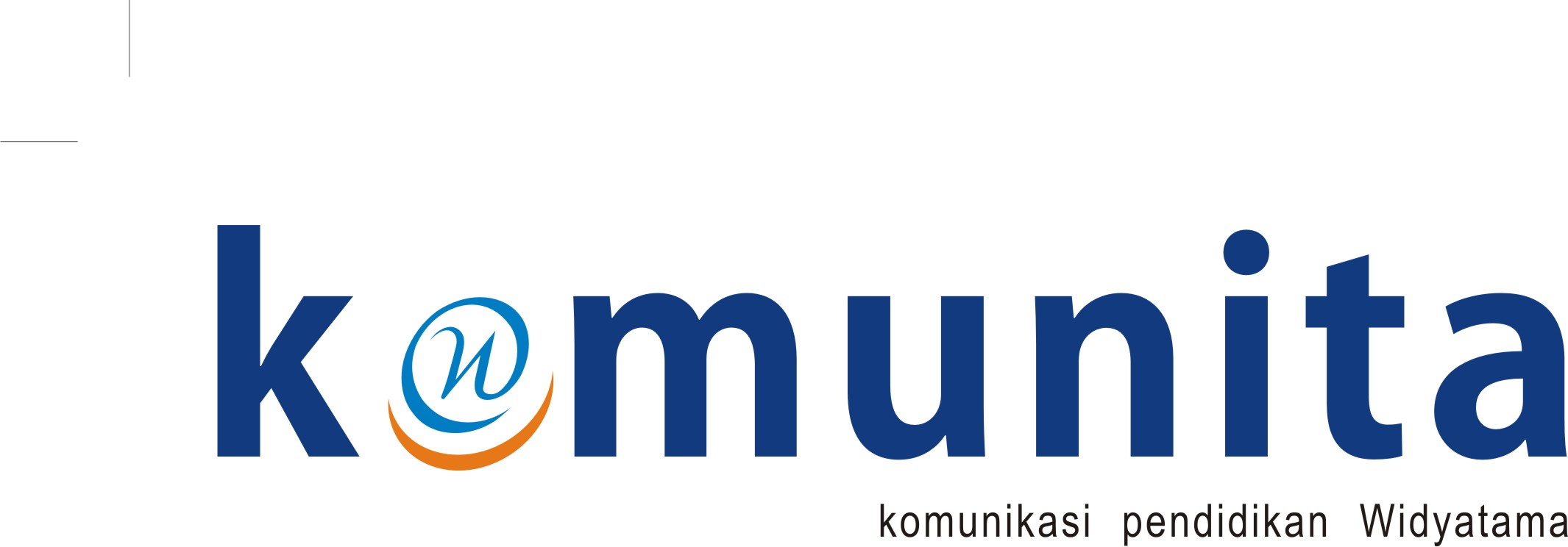National Education Day (HARDIKNAS) on May 2, 2025, was marked by the launch of the “Impactful Diktisaintek/Diktiksaintek Berdampak” policy, which is claimed to be a strategic and transformative step in responding to the challenges of national development and supporting the achievement of Indonesia’s vision 2045. This policy emphasizes the importance of research and learning outcomes in higher education that are not only in the form of academic outputs such as scientific publications and degrees but more than that are transformed into outcomes that have a direct and sustainable impact on society.
In other words, higher education is encouraged to become a driving force for social, economic, and environmental change through real collaboration with central and regional governments, industry, communities, and micro, small, and medium enterprises (MSMEs). Universities are expected to be able to become catalysts for local economic growth and agents of community empowerment based on science and technology.
However, the structural challenges faced by private universities as the “Pillars of Higher Education” are quite fundamental challenges. Given the fact that more than 64% of the 4,437 universities in Indonesia are private universities. This means that without private universities, access to higher education for millions of the nation’s children will be a major problem. However, at the same time, private universities are in the most vulnerable position, facing dual challenges in the form of quality pressures and fiscal pressures.
The quality crisis in a number of private universities has resulted in a decline in the trust of prospective students and the public, which then has an impact on the decline in the number of applicants and potential campus income. This condition is exacerbated by fiscal and tax policies that are not yet fully friendly to the private higher education sector, for example, in terms of limiting educational investment incentives, minimal tax relief, and limited access to research funding. As a result, a vicious circle is formed: declining quality—fewer applicants—declining income—weaker quality investment capabilities—increasingly depressed quality. In a situation like this, the big idea of ”Impactful Diktisaintek” will certainly not run inclusively and fairly if it is not accompanied by a new paradigm in governance and affirmative policies towards private universities.
Then, how to build impact-based private higher education governance? The “Impactful Diktisaintek” policy requires all higher education institutions, including private higher education institutions, to move from mere administrative achievements to impact-oriented performance. Therefore, the governance of private higher education institutions needs to be updated so that they have resilience and strategic capabilities to:
- Establish cross-sector collaboration with industry, local government, communities, and educational philanthropy.
- Establish centers of excellence in accordance with local potential that can be the basis for applied research activities and community empowerment.
- Encourage alternative funding, such as endowment funds, educational crowdfunding, and CSR (Corporate Social Responsibility) partnerships.
- Utilize digital technology for efficient resource management and distance learning.
- Lobby for fair fiscal policies, including access to state funding for private universities that are proven to perform well and have an impact on society.
Therefore, the new paradigm of “Impactful Diktisaintek” must be inclusive. That the impactful Diktisaintek policy seeks to pave the way for structural change in the Indonesian higher education ecosystem. However, in order for its impact to truly be felt at the grassroots level and not only felt by a handful of large state universities, this new paradigm must be accompanied by a comprehensive renewal of the governance of private universities. The Ministry of Education and Science needs to realize that transformational change will not be achieved without embracing and empowering private universities as strategic actors in national development. In other words, “Impactful Diktisaintek” will only have a real impact if it is accompanied by affirmative policies towards private universities as well as equitable management and financing reforms. This is the momentum to rearrange the roadmap for Indonesian higher education to be more impactful, more collaborative, and more inclusive in welcoming the Golden Indonesia 2045.
Vivat Widyatama, Vivat Civitas Academica, Vivat Indonesia and our beloved Nusantara. (@lee)
Editorial – Lili Irahali

